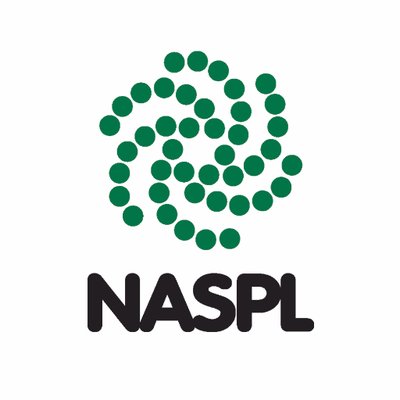
The North American Association of State and Provincial Lotteries (NASPL), a non-profit trade association of 52 lottery organizations in the United States and Canada, has responded to the Justice Department’s reversal of the 2011 Wire Act Opinion. As one might expect, the response is not a positive one, as NASPL believes the reinterpretation “creates a substantially detrimental impact on the lottery industry.”
In a public statement issued on Monday, February 4th, NASPL said:
The 2011 DOJ opinion set in motion critical enhancements and improvements within the U.S. government-sanctioned lottery industry. These enhancements in lottery infrastructure, functionality, sales and communications not only advanced lottery technology capabilities, but allowed lotteries to evolve into meeting consumers’ demands in a world of technology that was not even imagined in the era of the original Wire Act. These enhancements and improvements complemented traditional retail transactions which have been going on for nearly five decades and have brought tens of billions of dollars in revenue to good causes throughout the country.
The lottery industry’s infrastructure enhancements have also provided lotteries increased transaction transparency and efficiency and are an important factor in the ability of lotteries to continue contributing billions of dollars annually to good causes throughout the country. DOJ’s reinterpretation of the Wire Act creates substantial uncertainty concerning the legal status of lottery transactions, including these critical enhancements and improvements, many of which were made in reliance on the 2011 opinion, and the related contractual obligations and the industry’s ability to provide critically needed funding for important public interests.
NASPL said that it is willing to work with the Justice Department come up with appropriate solutions for the lottery industry in the face of the new Wire Act opinion.
The Federal Wire Act of 1961 was written to try to curb organized crime by making sports betting via phone lines (communications wires) illegal. When online gambling came into being, the Justice Department interpreted the Wire Act to apply to all online gambling, not just sports betting. In late 2011, the DoJ’s Office of Legal Counsel (OLC) issued an opinion – upon accepting an inquiry from the Illinois and New York lottery commissions – that said that the Wire Act does only apply to sports betting. This opened the door for states to legalize online gambling, including poker and internet lottery sales. Last month, though, the OLC – now under a new administration – reversed the 2011 opinion, saying the Wire Act applies to all online gambling.
NASPL didn’t make it clear what sorts of “enhancements in lottery infrastructure, functionality, sales and communications” were implemented after the 2011 OLC opinion, but it would obviously have a lot to do not just with internet sales (as not many states actually sell lottery tickets online), but overall technological capabilities made possible by internet technologies. Payment processing is likely an issue, as it had been deemed ok to have payments route out of state as long as they began an ended within state borders. The new Wire Act opinion says this is not ok.
It is thought that multi-state lotteries such as Powerball and Mega Millions could also be threatened. It should be noted, though, that the OLC opinion does nothing to change the law; it is merely guidance. The question is whether or not the Justice Department will begin enforcing anything.























